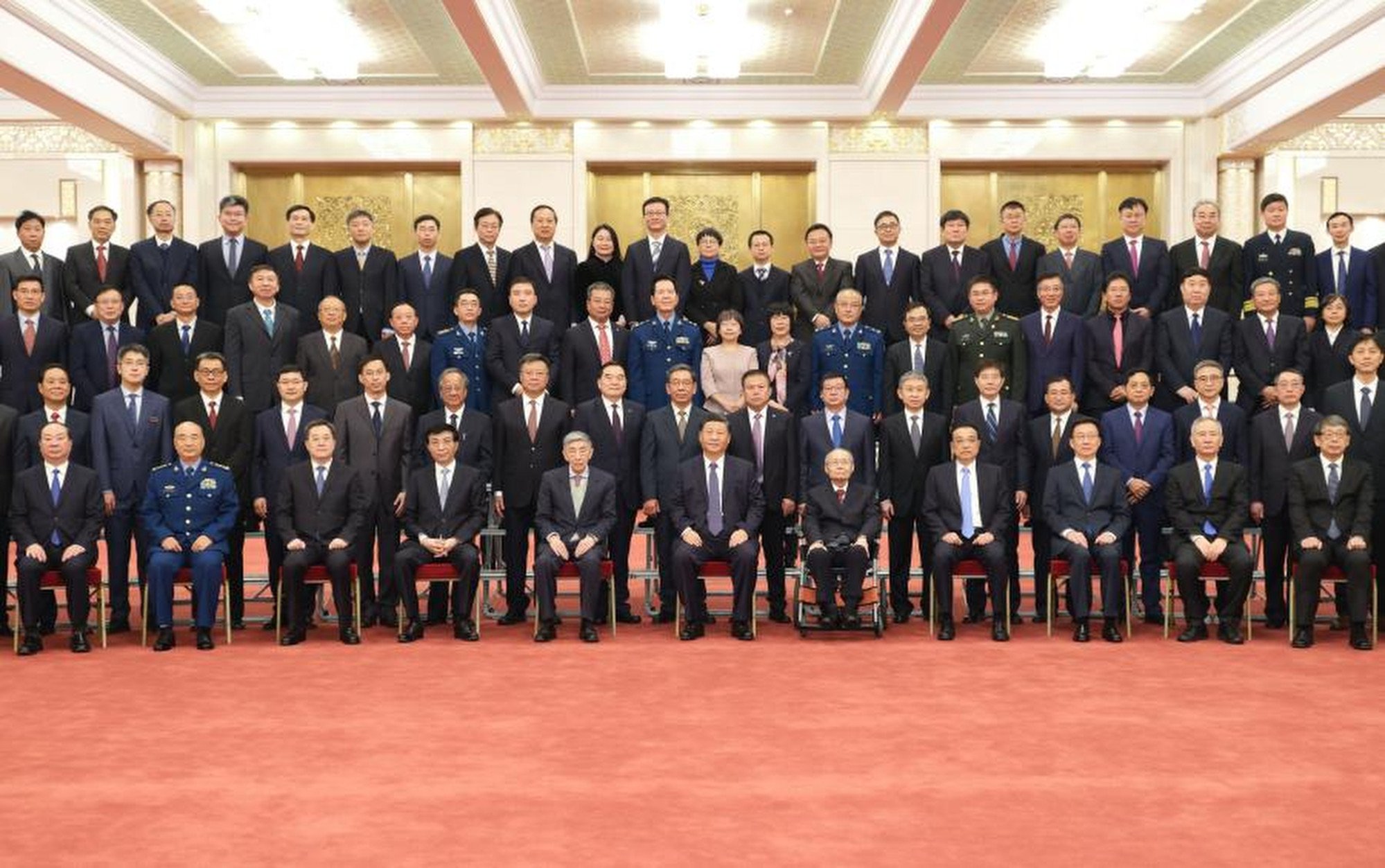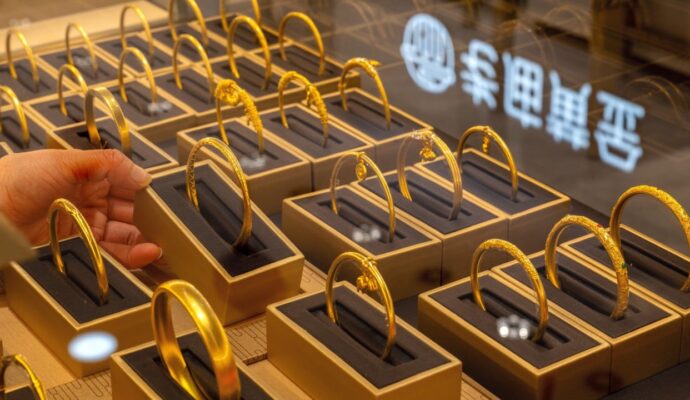“These rules further regulate the nomination process, for example, local governments are required to consult no fewer than five experts in the relevant fields before making nominations,” an expert on science and technology policy said.
In the past, there was no such requirement but the key was whether the rules would be followed, he added, speaking on condition of anonymity due to the sensitivity of the issue.
The State Council, China’s cabinet, set up the awards in 1999 to promote the development of science and technology in China. There are five categories: the State Preeminent Science and Technology Award, the State Natural Science Award, the State Technological Invention Award, the State Scientific and Technological Progress Award and the China International Science and Technology Cooperation Award.
The State Preeminent Science and Technology Award is the highest scientific award among the five, with no more than two winners selected each time for their outstanding achievements and great contributions to society.
However, over the past two decades, the award system has been mired in controversy, with some criticising it for not being scientific and transparent enough.
For example, in 2011, the science ministry revoked the second prize of the National Scientific and Technology Progress Award for the design and manufacture of a scroll compressor, a device for compressing air or refrigerant, after an investigation found serious plagiarism and data falsification in the awardee’s recommendation materials.
In 2014, a team led by Zhang Yaoxue, then a professor at Tsinghua University, won the first prize of the State Natural Science Award – China’s highest award in the field of natural sciences – for a new “model and basic theory research on network computing”, also known as “transparent computing”.

But in the academic community the work was considered insufficient in terms of innovation and international significance to win the honour.
From 2017, reforms began to be made to the awards, including changing from a process of self-recommendations to nominations, as well as emphasising the ministry’s “zero tolerance” for falsification, plagiarism and misappropriation of other people’s achievements.
“Nomination is an international practice, but the credibility of the results should ultimately be evaluated by peers and the public,” said Fan Xiudi, a researcher at the Institute of Higher Education at Tongji University in Shanghai.
“But in China we have too many different awards, so there is no guarantee of impartiality for all the reviewers. It is thus very important that the review process can be monitored with different opinions.”
The review systems used in China’s academic sector, including the various award policies, have long been criticised by scholars, although authorities have made improvements in the hope of plugging the loopholes.
Yet various scholars, like Fan, are worried that some problems have not changed.
One reason for that is many in the scientific community are afraid to express their opinions – and if someone does raise objections, the results are unlikely to change anyway, while the person who spoke up may even be “punished”.
“Academic assessment activities are increasing, but ‘diverse voices’ in reviews are declining,” she wrote in an article published in the mainland’s China Science Daily in early December.
Fan said assessment was a key part of education and scientific research because it was like a “baton” that affected the production of knowledge and the development of science and technology.
Goodbye to science funding bias in China? Graft-busters target ‘saying hello’
Goodbye to science funding bias in China? Graft-busters target ‘saying hello’
An unscientific assessment system could therefore have many side effects, she said, such as superficially pursuing a number of published papers without caring whether they were really valuable. In some cases, it could also lead to resources being allocated to fields of study that were misleading, while others missed out or were treated unfairly.
But the biggest worry was the tendency for the domestic academic community to say nothing, she said. One explanation was that those who speak out may be seen as “deviants”, while those who follow the existing rules were often rewarded with more honours, awards and promotions, she said.
One scientist, who wished to remain anonymous, said he knew of a well-established scientist who was asked by a university official to vote for a project at a review meeting, but he refused. Since then, he said the scientist had been marginalised at the university and the study discipline he led has lost influence because it had not been supported in reviews.
“If we fail to establish a robust review mechanism, it would deprive the most outstanding researchers of effective support, which could have a profound impact on basic research for China,” Dou Xiankang, who heads China’s National Natural Science Foundation, told China Newsweek in April.
Science has become a national focus, with rivalry with the West fuelling a push for self-reliance.
“An academic environment that truly encourages innovation should be created, rather than motivating scientists to pull strings and chase after various honours and titles for talent projects,” Fan said.



